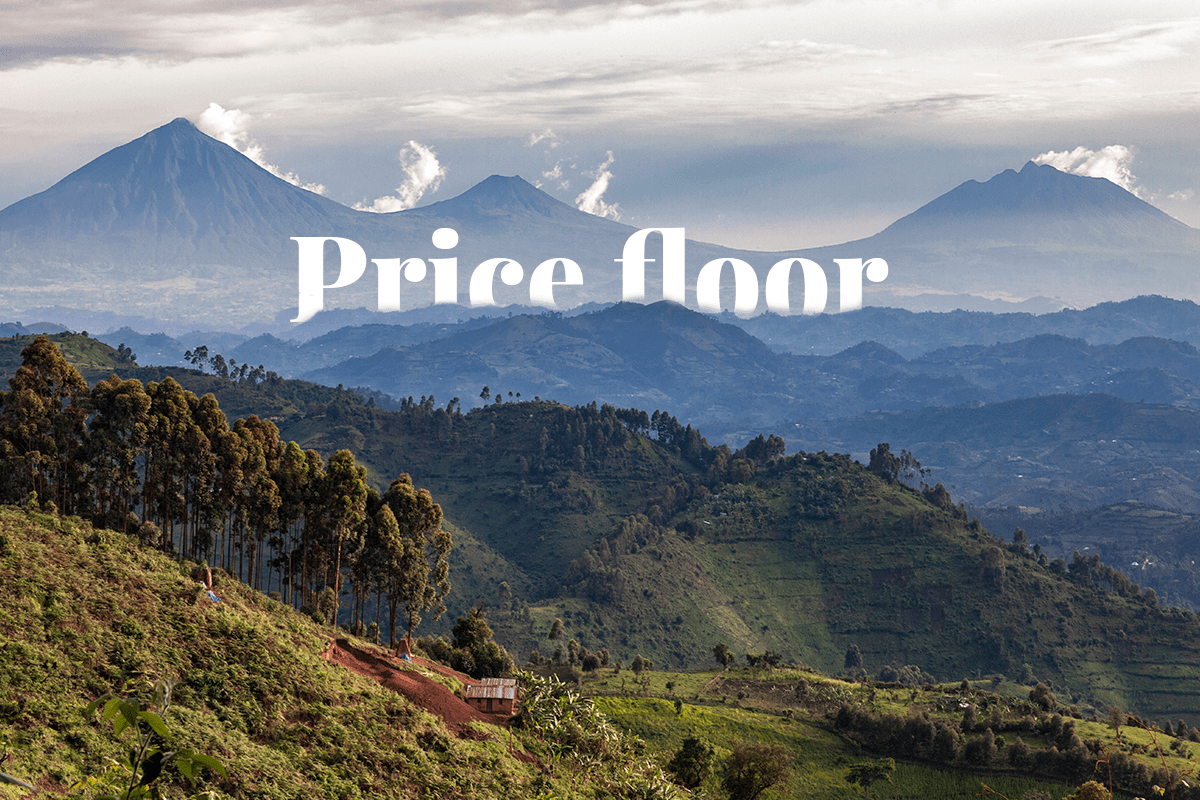Rwanda is making waves in the global carbon market with an ambitious strategy driven by a new forest law put forward to the Lower House. This law, set to replace the 2013 forest management legislation, is designed to enhance forest protection and significantly boost Rwanda's capacity to absorb carbon emissions. This move aims to position Rwanda as a key player in the carbon trading market, with a specific focus on achieving a minimum price of $30 per carbon credit.
 Volcanoes National Park, Rwanda.
Volcanoes National Park, Rwanda.
The Minister of Environment, Jeanne d’Arc Mujawamariya, emphasised this minimum price, stating, ‘But, for us, we cannot go below $30 a tonne of carbon credit.’ This assertive stance underscores Rwanda's commitment to ensuring fair compensation for its valuable carbon credits, reflecting the nation's determination to derive appropriate value from its carbon sequestration efforts.
Read more: Balancing nature and the economy: African regulators must take action
Rwanda's ambitions extend beyond its forests. The country is keen to leverage various emission reduction projects, including innovative solutions like biogas projects that transform cow manure into valuable energy sources and fertilisers. This comprehensive approach demonstrates Rwanda's commitment to environmental sustainability and its readiness to harness the full potential of the carbon credit market.
While challenges remain, particularly concerning pricing fairness and the costs associated with verifying carbon capture capacity, Rwanda's proactive legislative approach has been widely recognised. Faustin Vuningoma, the Coordinator of Rwanda Climate Change and Development Network (RCCDN), acknowledged the existing challenges in the carbon market but commended Rwanda's proactive stance in creating a favourable environment through legislation.
Read more: Top 10 causes of deforestation
As Rwanda prepares to unveil its national carbon framework, its determination to set a $30 minimum price signifies its commitment to fair value in the world of carbon trading. With a strong focus on a greener, more sustainable future and a rapidly growing carbon market, Rwanda's forest law is a significant stride toward achieving these crucial goals.
At DGB Group, our commitment lies in providing inclusive and transparent options to businesses, investors, and individuals who share our deep commitment to preserving nature. Through involvement in our initiatives, stakeholders actively participate in ecosystem restoration, biodiversity preservation, and community empowerment. Together, we create a harmonious coexistence between human activities and nature, fostering a sustainable, green planet.
Get involved with our mission

